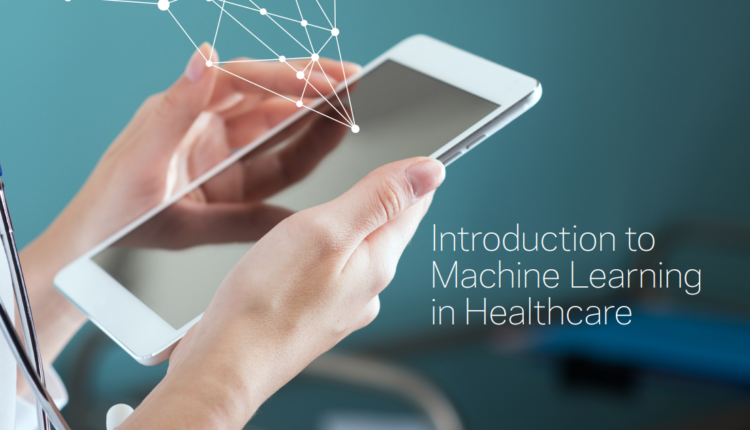Introduction to Machine Learning in Healthcare
15 minutes. That’s how long your doctor has to see you, assess your complaint, diagnose a solution, and see you out the door—hopefully on the pathway back to wellness. This isn’t much time when you consider the wealth of information that he or she has to consider. Your patient record, the medical research relevant to your complaint, the answers about your condition that you provide, the basic examination (“say aaaaaaah”) that is carried out.
So how will your doctor cope when faced with the tsunami of healthcare information that will occur when it is routine for your patient record to include data about your genome, your microbiome (bugs in your body), and your fitness regime? Your electronic health record is fast becoming the most powerful tool in the medical toolkit. All the information will be stored in the cloud. It will have to be because the size of the electronic file containing your complete patient record is estimated to be as much as six terabytes. That’s a quarter of the whole of Wikipedia (24 TB)! A data file that large is required to enable the practice of precision medicine. This is a new revolution in healthcare. It is the ability to target healthcare treatment specifically for an individual. In addition to improving health outcomes, precision medicine will save vital health dollars because it is enabled by unique data insights that lead to more targeted treatments.


